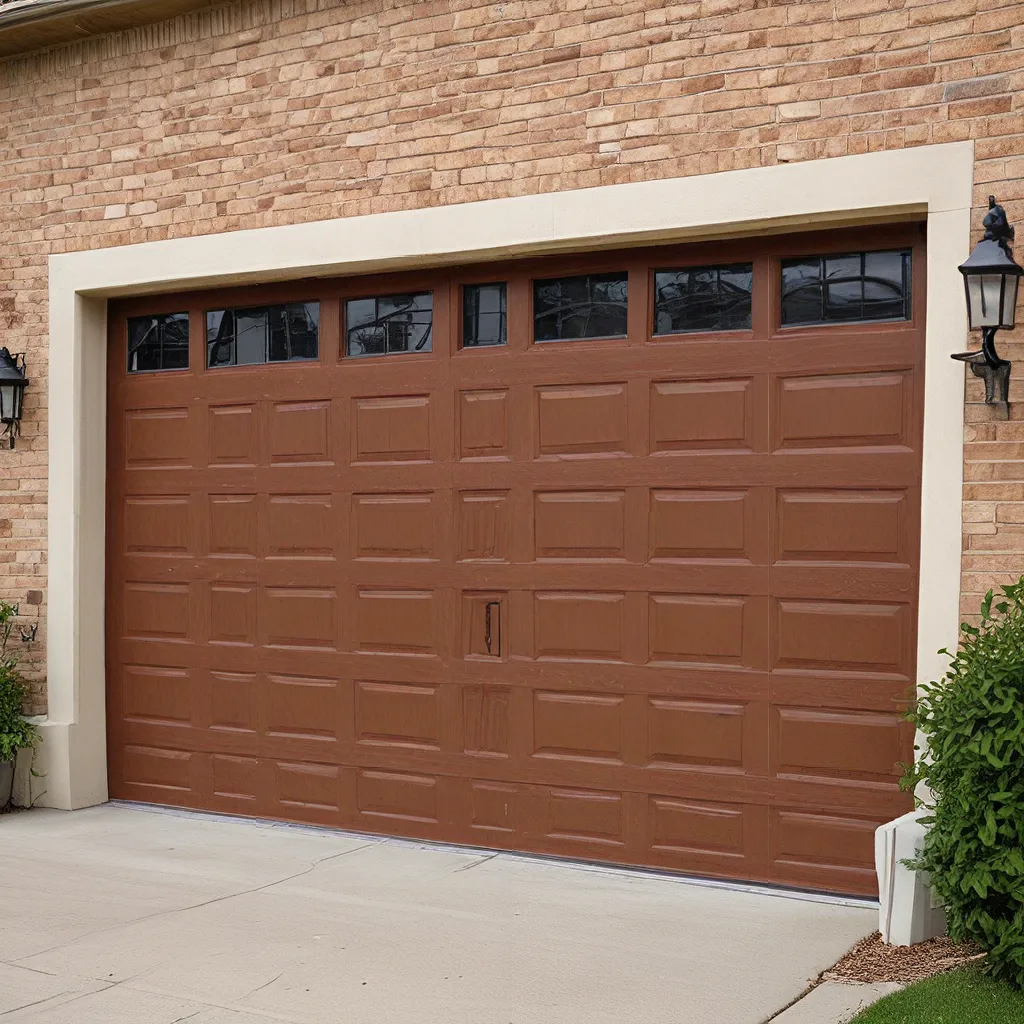
Maintaining a reliable and functional garage door is crucial for both convenience and security. As a homeowner or property manager, you may encounter various challenges with your garage door, from noisy operation to unexpected breakdowns. In this comprehensive guide, we’ll dive into the most common garage door issues and provide practical solutions to help you keep your door in top shape.
Diagnosing Noisy Garage Doors
One of the most frequent garage door complaints is excessive noise. A noisy garage door can be not only irritating but also a sign of underlying problems. Let’s explore some common causes and quick fixes for a noisy garage door:
Worn or Loose Hardware: Over time, the various hardware components of your garage door, such as rollers, pulleys, and hinges, can become worn or loose. This can result in rattling, grinding, or squeaking sounds. Tightening loose hardware or replacing worn parts can often resolve these issues.
Lack of Lubrication: Proper lubrication is essential for the smooth operation of your garage door. If the metal parts, such as the chain, springs, or pulleys, are not adequately lubricated, they can cause annoying noises. Apply a lightweight, silicone-based lubricant to the moving parts, following the manufacturer’s instructions.
Misaligned Door: When the garage door is not properly aligned, it can rub against the track, leading to unwanted sounds. Ensure that the door is balanced and that the tracks are clean and free of debris. If the problem persists, you may need to have a professional technician adjust the door’s alignment.
Addressing Garage Door Malfunctions
Garage doors can sometimes stop working as expected, either failing to open or close fully. Let’s dive into some common problems and solutions:
Obstruction in the Tracks: If your garage door stops before fully opening or closing, it could be due to an obstruction in the tracks. Check the tracks for any debris, dirt, or objects that may be interfering with the door’s movement, and clear them out.
Broken Springs or Cables: The torsion springs or extension springs that counterbalance the weight of your garage door are critical components. If these springs or the associated cables become worn or broken, the door may not open or close correctly. Attempting to replace these components can be dangerous, so it’s best to contact a professional garage door repair service.
Remote Control Issues: When your garage door remote stops working, it can be frustrating. First, check the batteries and replace them if necessary. If the issue persists, you may need to reprogram the remote or replace the transmitter.
Garage Door Maintenance and Upgrades
To ensure the longevity and optimal performance of your garage door, regular maintenance and proactive upgrades are essential. Here are some tips to keep your door in top shape:
Periodic Lubrication: As mentioned earlier, regular lubrication of the moving parts is crucial. Refer to the manufacturer’s recommendations or consult with a professional for the best lubricants and application frequencies.
Balanced Door Adjustment: Over time, the balance of your garage door can shift, leading to uneven operation or increased stress on the components. Periodically check the door’s balance and have a technician make any necessary adjustments.
Smart Home Integration: Embrace the future of smart home technology by considering the installation of a WiFi-enabled garage door opener or a smart keypad. These advanced features allow you to monitor, control, and secure your garage door from anywhere, providing added convenience and peace of mind.
When to Call a Professional
While some basic troubleshooting and maintenance can be done by homeowners, there are certain situations where it’s best to call in a professional garage door repair service:
- Complex Repairs: For issues involving broken springs, cables, or other structural components, it’s crucial to have a trained technician handle the job to ensure safety and proper functioning.
- Ongoing Malfunctions: If you’ve tried troubleshooting and the problems persist, it’s time to contact a professional who can thoroughly inspect your system and identify the root cause.
- Upgrades and Installations: When installing a new garage door or upgrading to smart home features, it’s advisable to work with a reputable service provider to ensure a seamless and safe installation.
Garage door issues can be frustrating, but understanding common problems and solutions can save you time, money, and potential safety hazards. Remember, for any repairs or upgrades that go beyond basic troubleshooting, it’s always best to trust the expertise of a professional garage door service like https://mwdoorservice.com/.
By following the tips and recommendations outlined in this guide, you can keep your garage door operating smoothly, extend its lifespan, and enjoy the convenience and security it provides.


